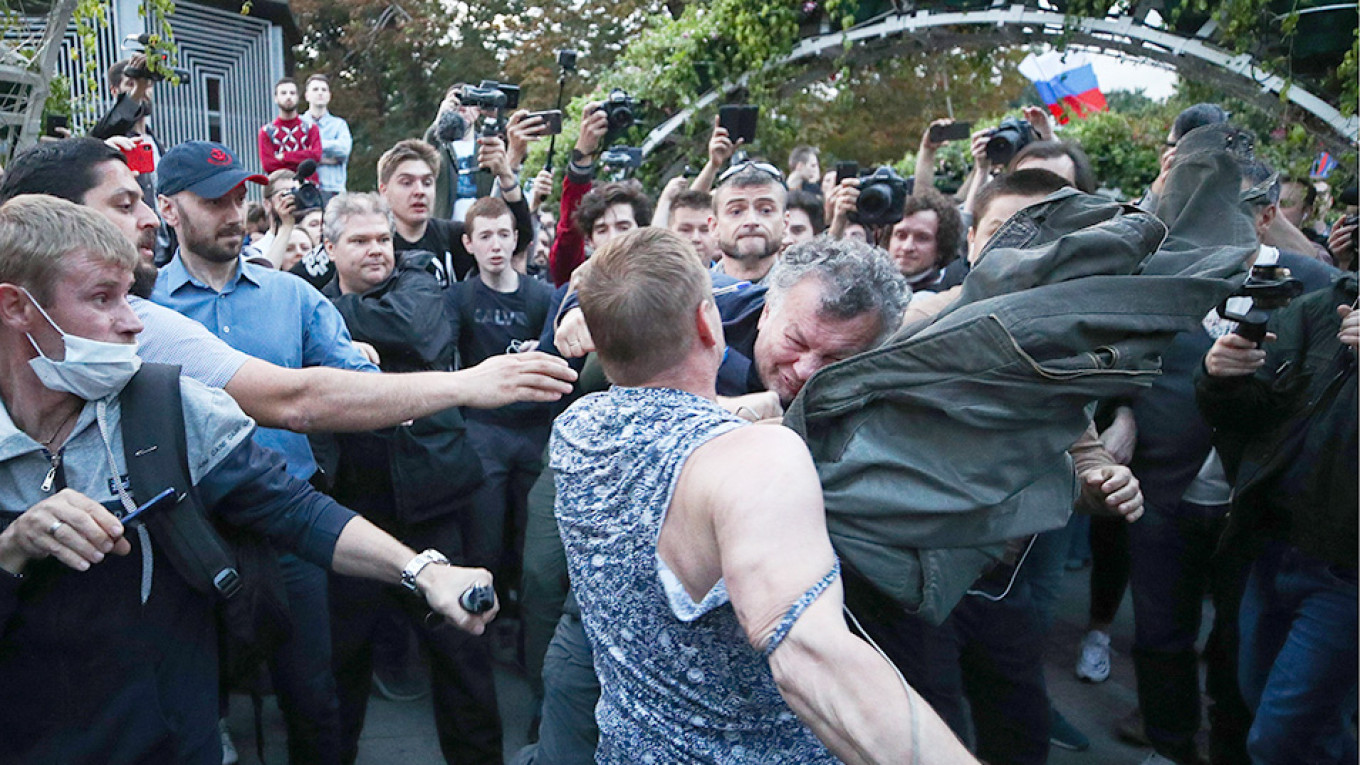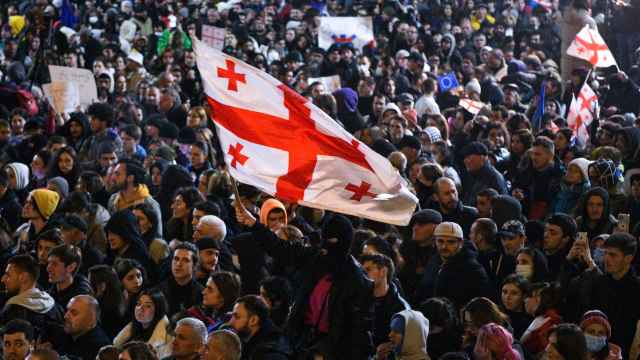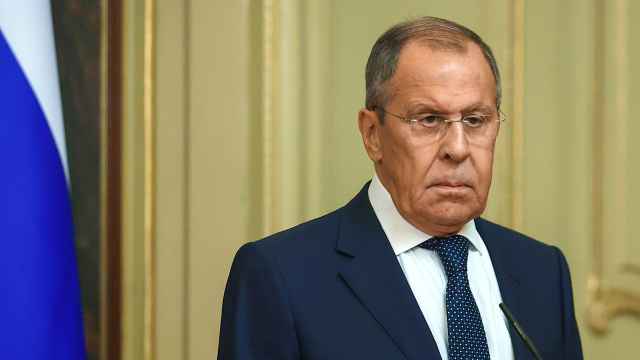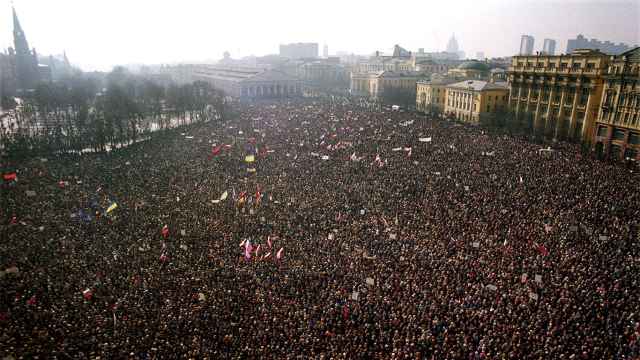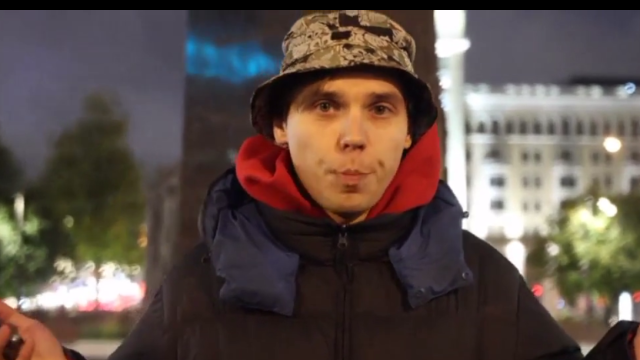In 2011-2012 Russians went out onto the streets to protest for honest elections and a system that allows for the transfer of power.
The demonstrations that followed in the years after have been generally devoted to flagrant cases of corruption and unjust criminal cases. That is, they have been aimed against a state that is incompetent, is incapable of doing its job and does not represent any of its citizens.
In July 2019 the point of frustration has reached such a level in Moscow that people are now prepared to go out onto the streets for their local opposition candidates to be allowed to participate in the Moscow City Duma elections
In previous years this interested few: an average Moscow resident would hardly be able to name even one or two of the city’s deputies.
An unprecedented crisis of political representation is unfolding in Russia. The Kremlin is doing everything to insist to citizens that they should just accept that none of their delegates are in government.
When candidates for the Moscow City Duma go to the electoral commission to prove that the signatures they have gathered in their support are real, they are beaten with truncheons. This means that we are being asked to accept the following principle: The very idea of any political activity that has not been sanctioned by the authorities is unacceptable: it is a crime, an assault on the structure of the Russian state.
The barriers built for us are in a certain way a hindrance to the authorities themselves.
It is already impossible, for example, for them to nominate a candidate from the ruling and hugely unpopular United Russia for the city elections. This is why pro-Kremlin candidates in Moscow are now running under the pretense of being independents.
At the beginning of the campaign for the Moscow City Duma, the authorities thought they could use various “technologies” at their disposal, for instance, such as endorsements from artists and sporting figures to push through their candidates.
But now it has become clear that all of these “refined” political games with Muscovites are no longer necessary.
Somebody has given the command to "attack," and the authorities barred almost all of Moscow’s opposition candidates from running in the election, ruling that the signatures they collected were invalid.
In other words, only those candidates that have made it clear that they are “on the team” can have valid signatures.
There are clearly people in the mayor’s office and the presidential administration who understand the possible consequences of this final resolution of the political question, since voters are now being left with the choice between apathy and rebellion.
Regardless of how the decision on the complete elimination of political competition in Europe’s largest city was taken, it will end badly. The Kremlin no longer knows how to engage in politics and is incapable of doing so itself, but will not let anybody else take on the responsibility.
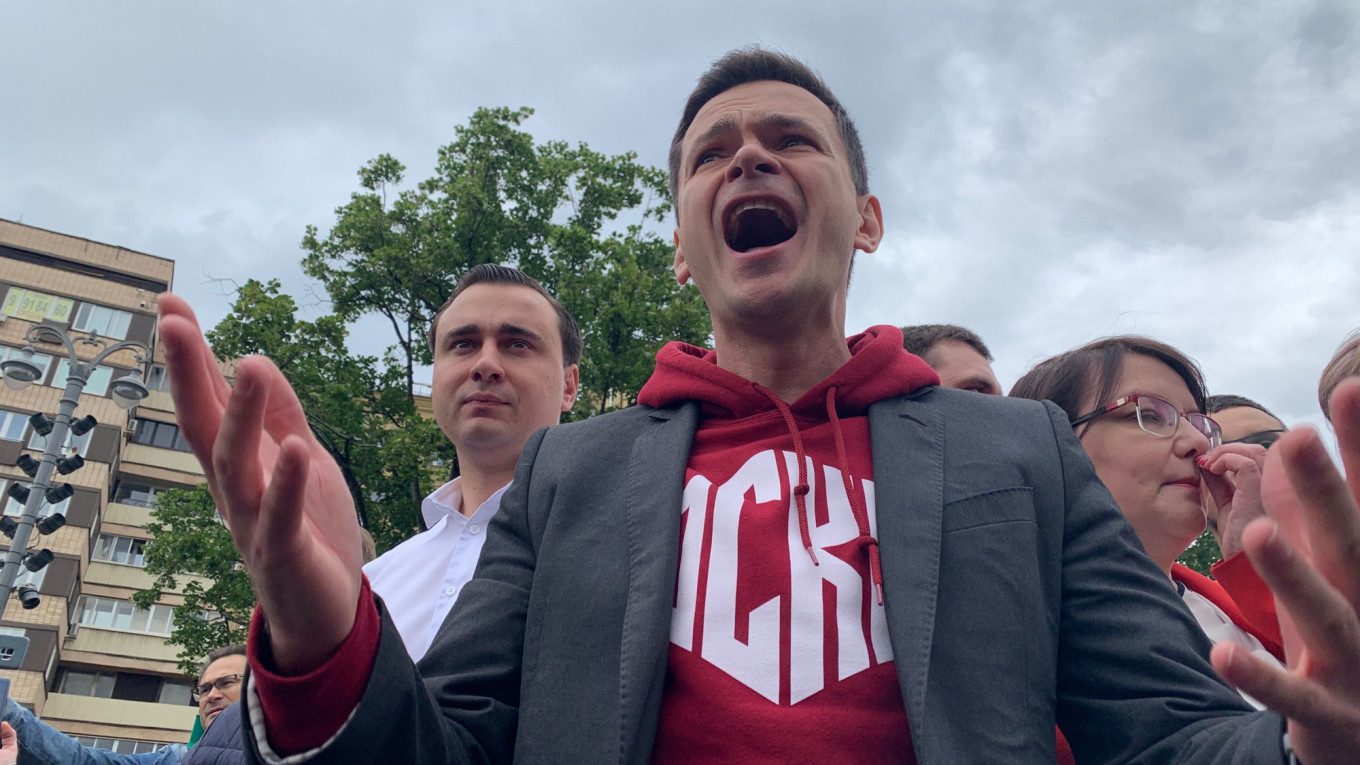
So the degradation of Russian authoritarianism has entered a new stage. If earlier it was assumed that the Kremlin was a cunning moderator of the political agenda, which outwitted all its competitors time and again, then now the entire political space between the country’s leadership and the amorphous masses (who sometimes find “representation” in the course of Putin’s annual phone-in) is being cleared out. In a big country, only one person can be a politician — the president.
In the previous decade, a social contract linked the Russian state and Russian society. It was understood that this contract worked like this: the state does not obstruct people from making money, and the citizens do not challenge officials’ monopoly on power.
This social contract is now being torn up on both sides: The state effectively redistributes all the country’s resources in its favor, but at the same time does not give voters the smallest chance of influencing this process.
If we try to find something positive in all this, we can identify two things.
The sensitivity of citizens to the restricting of their political rights is continuing to grow, and the number of those who are ready for a legal political struggle for these rights is increasing proportionately.
The authorities have also created a real production line of opposition politicians on a national level.
Lyubov Sobol could have lost the Moscow City Duma elections in her ward, but now that she has been barred from running, each of her potential voters knows that she is ready to sacrifice herself and fight for their interests.
And they can compare the actions of Sobol as a politician with the behavior of the United Russia candidates, both those who have openly declared themselves as such and those who are disguising themselves as independents.
Finally, for those candidates who have been able to register for these elections all the same, but retain a conscience, there is now a chance to make a powerful political gesture: to support honest elections for all by threatening to withdraw from the campaign.
Let those who took the decision to cull signatures from undesirable opposition candidates, sit in the Moscow City Duma among their own. At least it will be clear what kind of body this is.
This article was originally published by Novaya Gazeta.
A Message from The Moscow Times:
Dear readers,
We are facing unprecedented challenges. Russia's Prosecutor General's Office has designated The Moscow Times as an "undesirable" organization, criminalizing our work and putting our staff at risk of prosecution. This follows our earlier unjust labeling as a "foreign agent."
These actions are direct attempts to silence independent journalism in Russia. The authorities claim our work "discredits the decisions of the Russian leadership." We see things differently: we strive to provide accurate, unbiased reporting on Russia.
We, the journalists of The Moscow Times, refuse to be silenced. But to continue our work, we need your help.
Your support, no matter how small, makes a world of difference. If you can, please support us monthly starting from just $2. It's quick to set up, and every contribution makes a significant impact.
By supporting The Moscow Times, you're defending open, independent journalism in the face of repression. Thank you for standing with us.
Remind me later.



